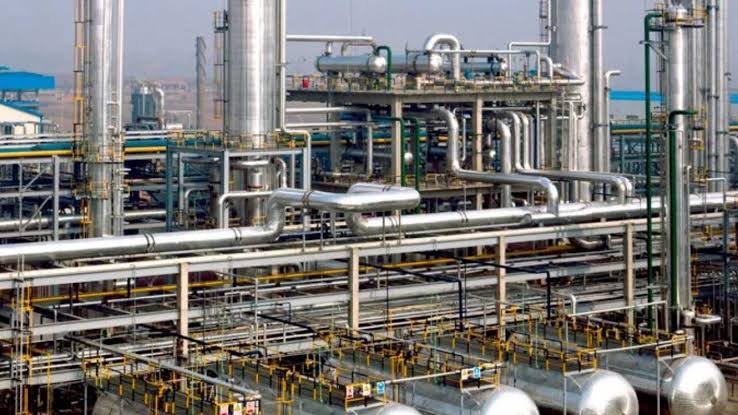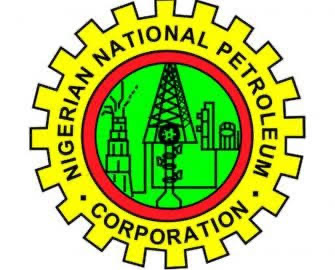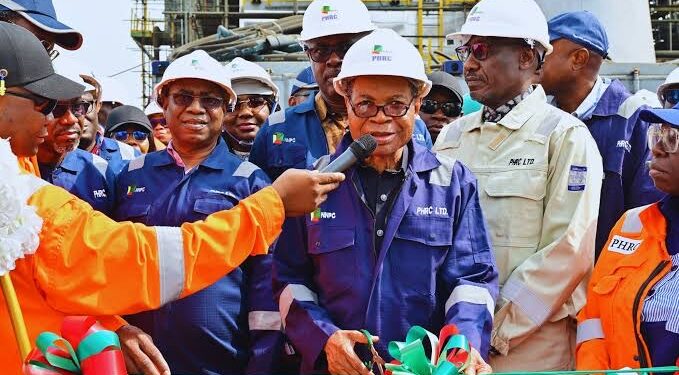Following the mechanical completion of the Old Port Harcourt Refinery in December last year, a total of one million barrels of crude oil were transported to the facility by the Nigerian National Petroleum Corporation.
Journalists report that the delivery has been completed and the refining of petroleum products from the plant is set to commence.
Journalists also learned that the refinery’s one million barrels of crude oil were delivered in two installments, with the last installment arriving last Wednesday.
One barrel of crude oil produces about 170 litres of refined petroleum products. This means that the one million barrels supplied by NNPC to the Port Harcourt Refinery will enable it to supply an estimated 170 million litres of premium petrol (commonly known as gasoline) and other refined products.

It was also revealed that imports of liquefied petroleum gas (commonly known as cooking gas) would decline as the refinery began producing refined products.
The journalists’ investigation also revealed that a refining license had been issued by the Nigerian Midstream and Downstream Petroleum Regulatory Authority before the refining of petroleum products began.
The refinery, located in Port Harcourt in Nigeria’s oil-rich Niger Delta, has been in operation since 1965. It is the oldest and largest of the three state-run refineries in the West African country.
The approximately $1.5 billion rehabilitation project of the PHRC is a national project that includes engineering, procurement, construction, installation, and commissioning phases.
The old PH refinery includes a Crude Distillation Unit (CDU), a Catalytic Reformer Unit (CRU), and a Liquefied Petroleum Gas (LPG) unit. Products expected from the refinery include gasoline(petrol), diesel, LPG, aviation and domestic kerosene, low-flow fuel oil (LPFO), and high-flow fuel oil (HPFO).

Investigations by Journalists also revealed that since the mechanical completion of the Old Port Harcourt Refinery (OPHR) in December 2023, NNPCL has completed the commissioning of key process subsystems such as purging, inerting, leak testing, circuit testing, calibration, and engine solo operation.
Findings also revealed that NNPCL has ensured that the venting of steam from critical sections of the plant has been completed and conducted a pre-commissioning safety review with the Nigerian Midstream and Downstream Petroleum Regulatory Authority.
Similarly, Journalists learned that leaks that could have hindered the smooth flow of petroleum products have been cleared and the level of the refinery’s main tower is at 50% and the cryogenic hydrocarbon cycle is currently underway.
The Chief Executive Officer of NNPCL, Mr Mele Kyari, in a meeting with lawmakers, assured that the country’s refineries will add value to Nigerians. He said: “We are all serving this country dutifully and loyally. Nigerians must understand that gradually, we shall get this task done.”
“We will certainly deliver on our promise to clean up these refineries. The PHRC was mechanically completed in December and is already storing crude oil. I can assure you that the refineries will be operational.
“We also did some mechanical work in Warri. It is currently undergoing regulatory and compliance review. Kaduna is supposed to be completed by December this year but it is not yet completed. We believe we will get there in time.” he added.

































